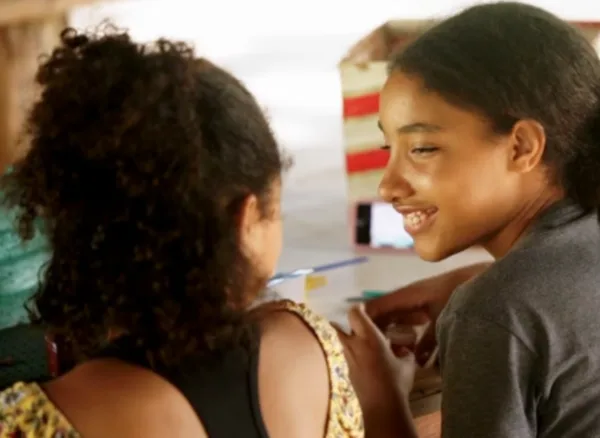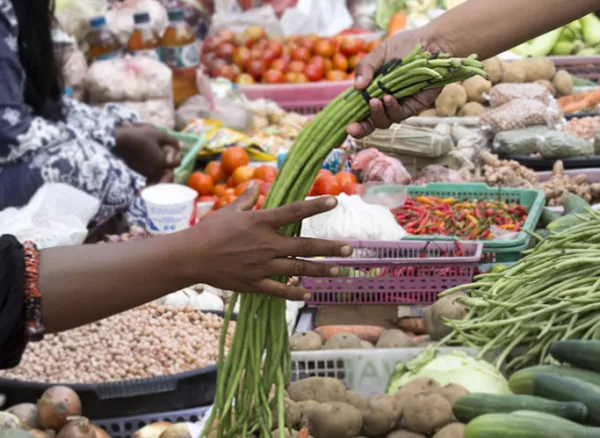A team led by Seth Lazar will explore the complexity of our world with increasingly better generative agents to understand the prospective societal impact of these systems, and to develop ideas for how to align these agents to the reasons that apply to them.
Participatory research in 3 distinct global geographies will inform a new framework aiming to integrate understandings from the fields of voluntary family planning, sexual and reproductive health and rights with human flourishing science.
This project aims to build an agreement-based process for incorporating diverse human values into AI systems, producing decisions judged fair by those impacted. The hope is that AI can be used to bring people together rather than driving them farther apart.
The Commission will inform strategies to establish and deepen trust between faith communities and public health agencies at the global, national, and local levels across a range of settings.
Research by IFFM grantees and Atlas Network affiliates promotes free-market principles. World Data Lab aims to support these researchers with a suite of services designed to help them collect, analyze, and present data in a way that reinforces the messaging of their findings.
The Jubilee Centre will conduct a landscape review with recommendations to help guide and accelerate the dissemination of findings from forgiveness science to mental health professionals, educators, and faith leaders.
Broadly considered, morphogenesis is the ability of groups of cells to build complex, functional anatomical structures. A multiscale agent-based model of morphogenesis that quantitatively examined the impact of stress sharing (where stress is a physiological parameter reflecting error in a homeostatic loop) on the ability to reach target morphology was constructed and analyzed. The research found stress sharing improves the morphogenetic efficiency of multicellular collectives; populations with stress sharing reached anatomical targets faster. Moreover, stress sharing influenced the future fate of distant cells in the multi-cellular collective, enhancing cells’ movement and their radius of influence, consistent with the hypothesis that stress sharing works to increase cohesiveness of collectives. These analyses support an important role for stress sharing in natural and engineered systems that seek robust large-scale behaviors to emerge from the activity of their competent components.


